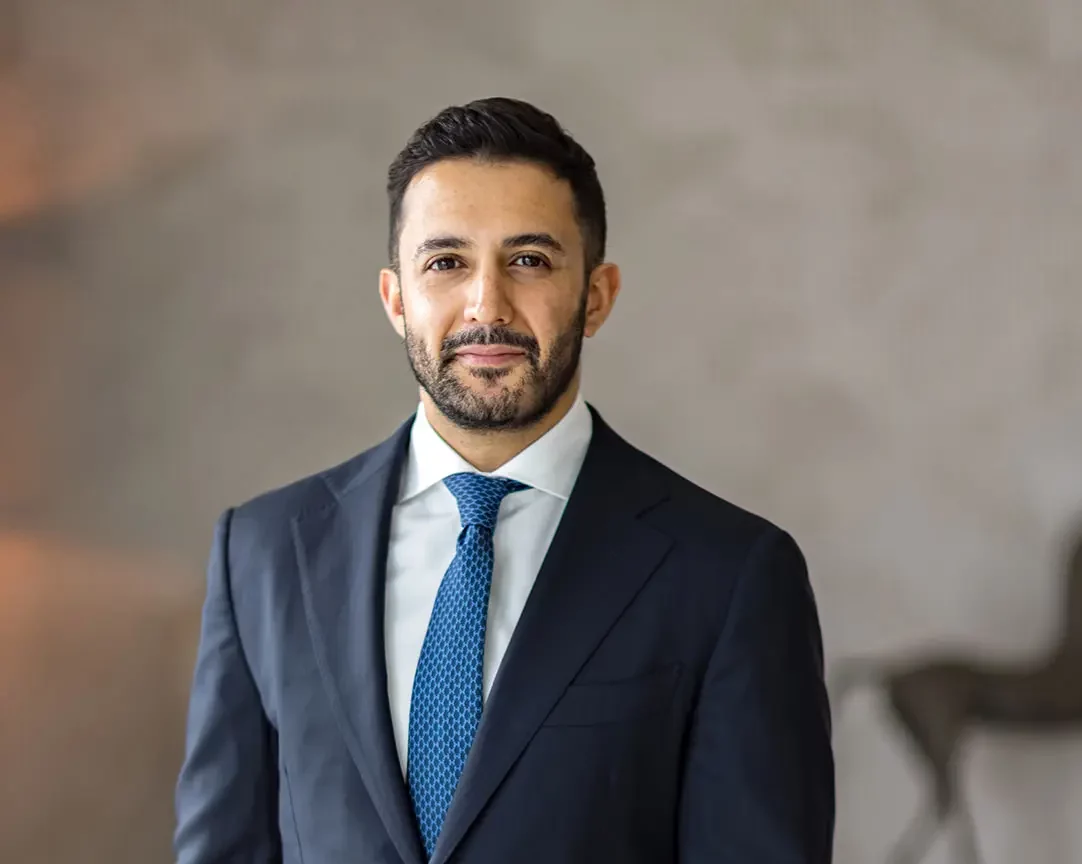The Architecture of UK-MEA Legal Collaboration
The opening panel brought together senior practitioners from both regions. Speakers such as Dr. Habib Al Mulla, Fatima Balfaqeeh, and Luke Tucker Harrison focused on the operational realities of cross-border relationships.
Central to the conversation was the strength of local boutiques – their deep-rooted local expertise, cultural fluency, and absence of language barrier with courts. These qualities are increasingly important in the contexts of litigation and arbitration. Yet, collaborating with larger international firms comes with its pros and cons. While they offer top-tier training, branding, and global transaction capabilities, boutiques often face challenges of subordination and frequent conflicts.
Dr. Al Mulla offered a practical view informed by experience: having merged his firm with Baker Mckenzie in 2013 and split in 2022, he underlined the importance of mutual respect, structured role assignment, and consistent relationship-building as key factors to a successful joint venture.
Free-Zone Courts: The DIFC Model
The DIFC Courts were highlighted as a prime example of legal hybridity. Their opt-in jurisdiction, alongside a growing scope for arbitration and mediation, is blurring the boundaries between traditional litigation and ADR. These mechanisms allow parties outside the UAE to contract into a system grounded in English common law – a unique blend that continues to attract global businesses.
Building Legal Infrastructure for the Future
The second panel, moderated by Brandon Malone, explored how strategic legal partnerships can strengthen commercial ties between London and the MEA. Speaker including Robert Stephen, Prof. Dr. Tarek Riad, and Dr. Marian Kaldas emphasised the role of the institutional capacity-building, arbitration-friendly policy reforms, and regulatory sophistication.
Arbitration’s Ascendance in Dubai
One of the main trends highlighted was the evolution of Dubai as a hub for arbitration. The panel noted how the Dubai International Arbitration Centre (DIAC) is leveraging the legacy of the London Court of International Arbitration (LCIA) to enhance its credibility and efficacy. New DIAC rules were credited with making arbitration in Dubai more flexible and internationally respected.
DIAC’s increasing caseload year after year underscores Dubai’s multilingual arbitration competency. The new mediation rules, launched in 2023, mark a deliberate pivot toward alternative dispute resolution (ADR) models.
Technology, AI, and the New Legal Professional
The final panel focused on innovation and leadership in legal practice. Moderated by Sarah Malik, speakers explored how digitisation, AI, and customised legal tech solutions are altering law firm dynamics.
An emphasis was put on the fact that AI will augment, not replace, legal professional – automating tasks like document review while enabling strategic legal analysis. The 2023 DIFC AI guidelines now promote transparency, human verification, and responsible date use.
There was also a call on academic institutions to integrate AI and legal tech into the legal curriculum to ensure graduates are workforce-ready.
Conclusion
The Lawyers’ Advocates forum affirmed that legal collaboration between the UK and MEA is not just aspirational – it is actively unfolding. Whether through institutional arbitration, strategic law firm alliances, or tech-driven innovation, the legal landscape is encouraging transnational integration.
For firms in or with MEA jurisdictions, success will hinge on cultural fluency, institutional agility, and a shared commitment to legal excellence across borders.
Share this Post



